We know there is an unjust and immoral economic divide in the country when it comes to health care – this article makes a good case for an obvious racial divide as well. Health care is a human right! America will not be blessed as we could be until all people have opportunity for health, care and freedom from poverty.
Proverbs 21:13
“If a man shuts his ears to the cry of the poor, he too will cry out and not be answered.”
From USA Today:
By Melanie Eversley, USA TODAY
Clara Robertson has traveled many miles from her home in Montgomery, Ala., to walk dirt roads, knock on doors of trailers and help black women face cancer.
Robertson, 52, finds free transportation for women who can’t get to a screening or an oncologist. She hands out pamphlets. She comforts. She explains that cancer won’t care they don’t have time or money for treatment.
“In the South, it’s so different,” Robertson says. “My mom didn’t believe in going to doctors.”
As a volunteer for a program organized by the Centers for Disease Control and Prevention (CDC) and theUniversity of Alabama, Robertson is a diplomat, working to erase nagging health disparities between black Americans and all other Americans.
Death rates for black Americans surpass those of Americans overall for heart disease, cancer, diabetes, HIV and homicide, the CDC reports.
“Educationally, we’re doing better. Economically, we’re doing better, so why is it that this gap will not go away?” asks Michelle Gourdine, a pediatrician at Johns Hopkins School of Public Health and author of the newly released Reclaiming Our Health: A Guide to African American Wellness.
Reasons for the gap, according to Gourdine and other experts:
•Poverty. Many black Americans have no health insurance and a trip to the doctor is a major expense, says Mona Fouad, of the Minority Health and Disparities Center at theUniversity of Alabama-Birmingham.
Take Renee Harris of Flomaton, Ala. The 41-year-old wife and mother has diabetes, high blood pressure and a benign breast lump doctors are watching. She has had her gallbladder removed. Harris can’t swing her share of the health insurance offered through her security job at a paper mill, especially since her husband was laid off.
“I just can’t afford it right now,” Harris says.
•Fatalistic outlook. Leandris Liburd, director of the CDC’s Office of Minority Health and Health Equity, says she is taken aback when she visits her hometown of Richmond, Va. “It’s not uncommon for me to come upon people I grew up with who are in their early 50s who are double amputees” and who see this as the natural course of aging, she says.
New efforts are attacking the gap. As part of last year’s health care law, the Department of Health and Human Services put forth a plan in April to better understand and find solutions to health disparities. Separately, the CDC is targeting health problems that occur more frequently in blacks, Hispanics and other minorities through a program, Racial and Ethnic Approaches to Community Health, that steers grants to local organizations.
In Alabama, the CDC and UAB are trying to get more black women screened and treated for breast and cervical cancer.
Judy Compton holds weekly classes for women at Little Zion Tabernacle Holiness Church in rural Dixons Mills, Ala. She gives advice on transportation and on agencies that can help.
Jennifer Cole, the Lowndes County, Ala., coordinator, teaches healthy eating. She says she finds that her students have limited access to low-cost nutritional foods.
In Flint, Mich., the CDC and the Genesee County Health Department take new doctors to the poorest parts of Flint so they can see the barriers patients face.
“We forget, for instance, there are no stores in the neighborhood, and that may be why I’m not following your medical regimen for good vegetables,” says Bettina Campbell, who works with the program. “If I’m not on time for your appointment, your staff may see it as me being willfully late, but in actuality, I had to take three buses.”



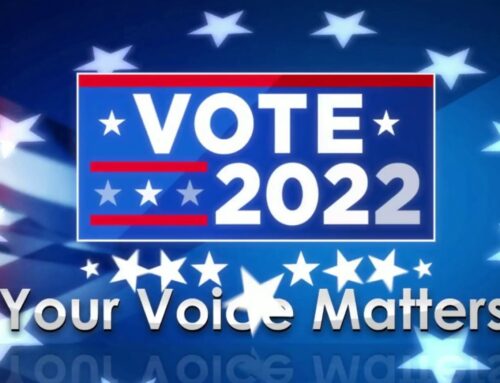

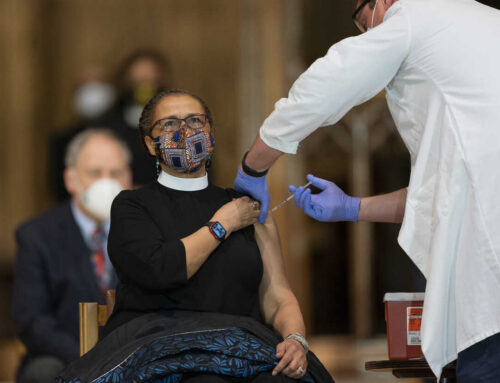

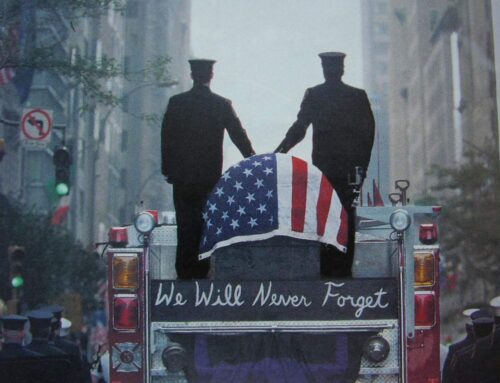








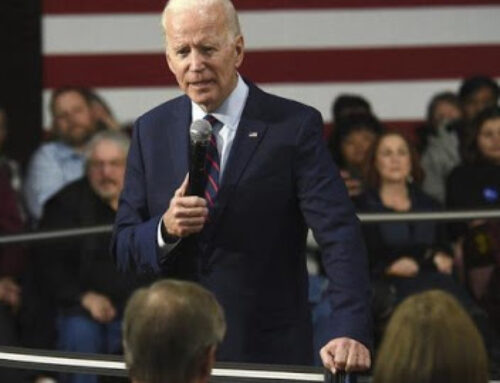








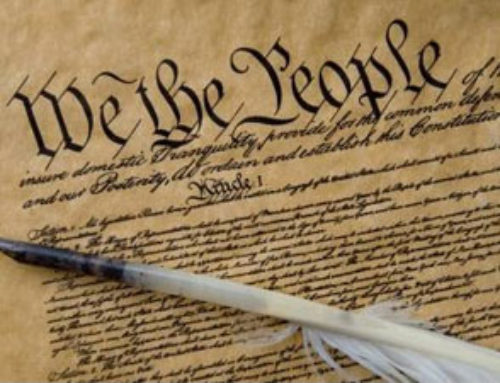

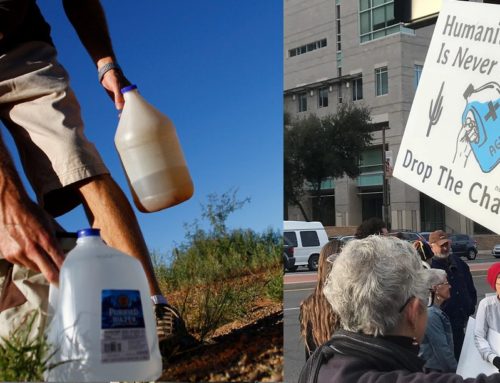

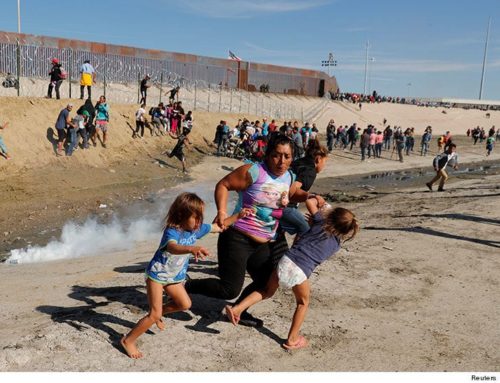
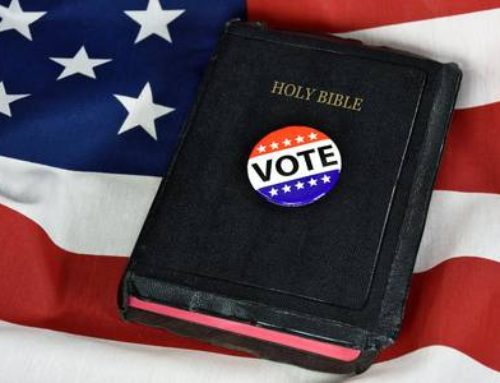

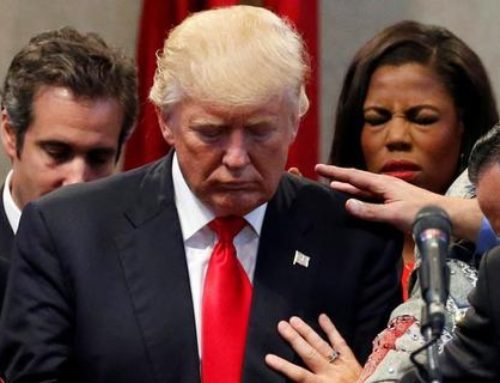
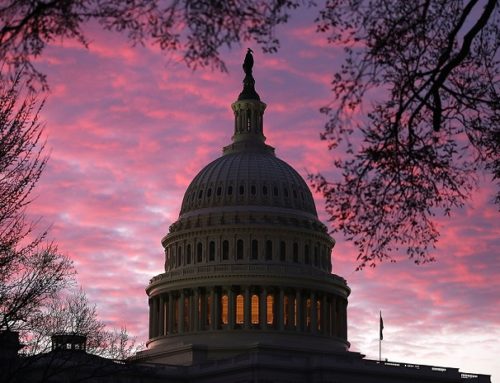


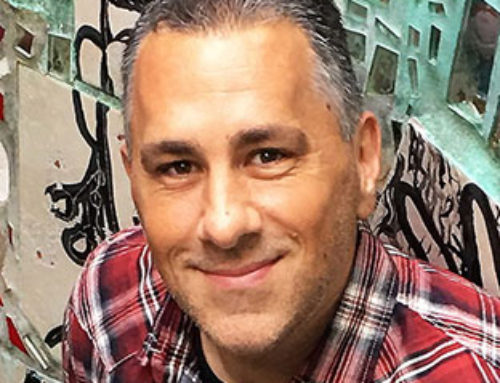









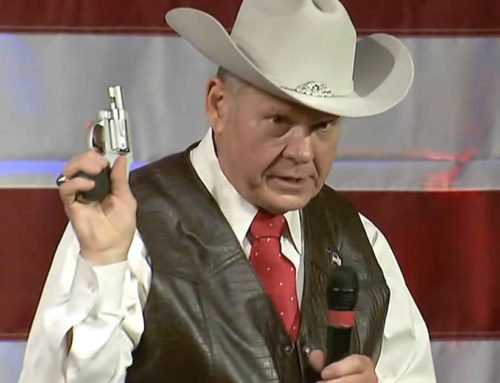

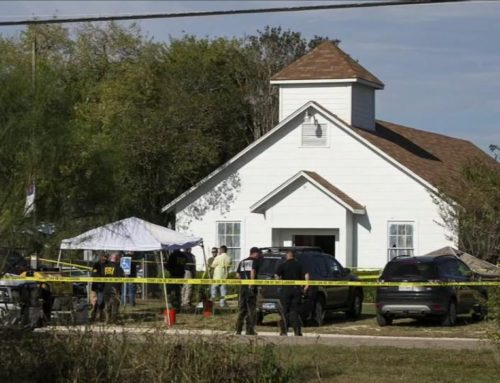

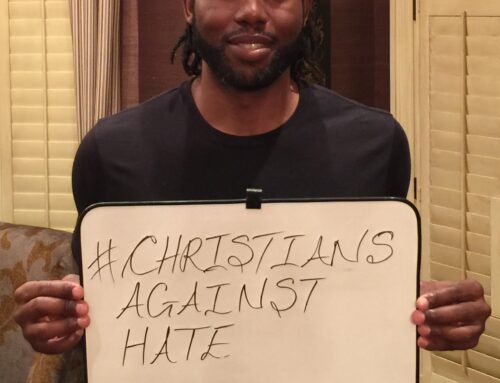



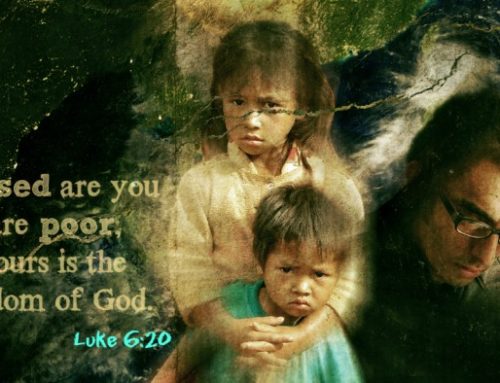
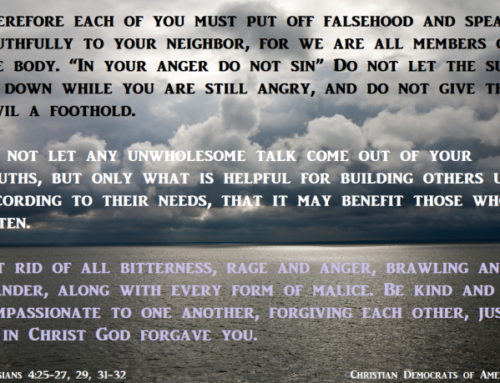
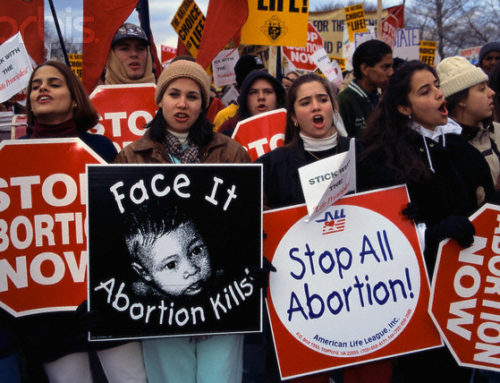
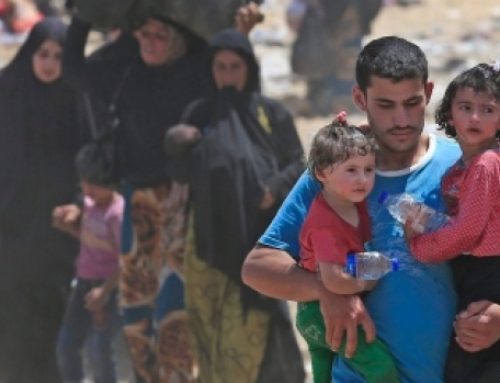



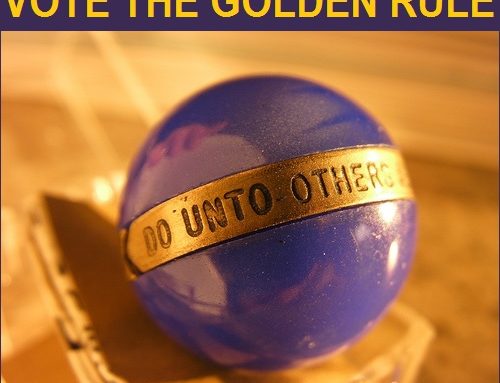
Wonderful goods from you, man. I have understand your stuff previous to and you’re just extremely fantastic. I actually like what you’ve acquired here, really like what you’re stating and the way in which you say it. You make it entertaining and you still care for to keep it sensible. I can’t wait to read much more from you. This is really a wonderful site.
Just what i was looking for, very indepth article, thanks
Nice read, I just passed this onto a friend who was doing a little research on that. And he actually bought me lunch as I found it for him smile Therefore let me rephrase that: Thanks for lunch! “Creativity comes from zeal to do something, generally it is to make some money.” by B. J. Gupta.
Keep up the fantastic piece of work, I read few blog posts on this web site and I conceive that your blog is real interesting and holds circles of good information.
Wohh just what I was searching for, appreciate it for putting up.
I believe you have mentioned some very interesting details , appreciate it for the post.
I like this site it’s a master piece! Glad I found this on google.
Hey, you used to write fantastic, but the last several posts have been kinda boring… I miss your tremendous writings. Past several posts are just a bit out of track! come on!”In politics stupidity is not a handicap.” by Napoleon Bonaparte.
You could definitely see your enthusiasm in the work you write. The arena hopes for more passionate writers such as you who aren’t afraid to mention how they believe. Always go after your heart. “In order to preserve your self-respect, it is sometimes necessary to lie and cheat.” by Robert Byrne.
Very interesting subject, thanks for posting.
Hi my family member! I want to say that this article is awesome, nice written and come with almost all important infos. I would like to see more posts like this.
How are you? a brilliant information man. Thankx for sharing! But I’m experiencing problem with your RSS . Don’t know why Fail to subscribe. Does anyone facing identical RSS feed trouble? Anybody who can assist please respond. Thanks!
Great write-up, I am normal visitor of one’s web site, maintain up the excellent operate, and It’s going to be a regular visitor for a long time. “There is a time for departure even when there’s no certain place to go.” by Tennessee Williams.
I love your writing style genuinely enjoying this web site. “Sometimes a scream is better than a thesis.” by Ralph Waldo Emerson.
Unquestionably consider that that you stated. Your favorite reason seemed to be at the internet the simplest thing to consider of. I say to you, I certainly get annoyed whilst people consider concerns that they plainly do not realize about. You managed to hit the nail upon the highest and also outlined out the entire thing without having side effect , people could take a signal. Will probably be again to get more. Thanks!
Some genuinely superb articles on this site, regards for contribution. “Be absolutely determined to enjoy what you do.” by Sarah Knowles Bolton.
I think you have produced some really fascinating points. Not as well many ppl would really think about this the way you just did. I am truly impressed that there is so much about this subject that has been uncovered and you did it so nicely, with so considerably class. Top-notch one, man! Truly special things right here.
I would like to thnkx for the efforts you have put in writing this site. I’m hoping the same high-grade web site post from you in the upcoming as well. Actually your creative writing skills has encouraged me to get my own site now. Really the blogging is spreading its wings rapidly. Your write up is a great example of it.
Yay google is my world beater aided me to find this great internet site ! . “They used to photograph Shirley Temple through gauze. They should photograph me through linoleum.” by Tallulah Bankhead.
I think other website owners should take this web site as an model, very clean and great user genial design . “It is the sign of a week mind to be unable to bear wealth.” by Seneca.
I consider something really interesting about your blog so I saved to my bookmarks .
I like this weblog very much, Its a real nice post to read and receive information.
I visited a lot of website but I conceive this one holds something special in it. “Silence is the perfectest herald of joy I were but little happy, if I could say how much.” by William Shakespeare.
I think other site proprietors should take this web site as an model, very clean and great user genial style and design, let alone the content. You are an expert in this topic!
Usually I don’t learn article on blogs, but I would like to say that this write-up very compelled me to take a look at and do so! Your writing style has been surprised me. Thanks, very great post.
I am impressed, I must say. Very seldom do I come across a blog that is both educational and entertaining, and let me tell you, you’ve hit the nail on the head. Your post is important; the issue is something that not enough people are speaking intelligently about. I’m very happy that I stumbled across this in my search for something relating to it.
Good site! I truly love how it is easy on my eyes and the data are well written. I am wondering how I might be notified when a new post has been made. I’ve subscribed to your feed which must do the trick! Have a great day! “If you are going to do something wrong at least enjoy it.” by Leo C. Rosten.
Appreciate it for all your efforts that you have put in this. Very interesting information. “If you tell the truth, you don’t have to remember anything.” by Mark Twain.
I consider something genuinely special in this site.
Great write-up, I am regular visitor of one’s web site, maintain up the nice operate, and It is going to be a regular visitor for a lengthy time.
Currently it’s good time to create a few plans for the longer term and it’s time to take a break. I’ve read this post and if I may just I desire to suggest you some interesting things or suggestions. Maybe you could publish next material regarding this blogpost. I desire to study even more things related to it!
Wohh precisely what I was looking for, appreciate it for putting up. “Never say that marriage has more of joy than pain.” by Euripides.
Outstanding blogger, Thank you for publishing this prestigious post. I found it handy. Kind regards !!
I always was concerned in this subject and still am, thank you for posting.
I believe other website proprietors should take this internet site as an model, very clean and excellent user friendly style . “He who lives without folly isn’t so wise as he thinks.” by Francois de La Rochefoucauld.
Wow! This could be one particular of the most beneficial blogs We’ve ever arrive across on this subject. Actually Magnificent. I’m also a specialist in this topic so I can understand your hard work.
Some really nice and useful information on this site, as well I believe the style has got great features.
I dugg some of you post as I cerebrated they were extremely helpful very beneficial
I was looking through some of your blog posts on this internet site and I believe this website is very instructive! Keep on putting up.
Good website! I truly love how it is easy on my eyes and the data are well written. I am wondering how I might be notified whenever a new post has been made. I have subscribed to your RSS which must do the trick! Have a great day! “You can discover what your enemy fears most by observing the means he uses to frighten you.” by Eric Hoffer.
Some truly quality posts on this web site , saved to my bookmarks .
I believe this website contains some really great information for everyone. “As we grow oldthe beauty steals inward.” by Ralph Waldo Emerson.
I was just seeking this information for a while. Almost 1 hours of online finding, finally I saw that in your website. I wonder why Alexa do not rank this kind of useful websites in the top SERP. Normally the first few web sites are garbages. Perhaps it’s time to use other search engine.
Very interesting details you have mentioned, regards for putting up.
Wonderful blog! I found it while browsing on Yahoo News. Do you have any tips on how to get listed in Yahoo News? I’ve been trying for a while but I never seem to get there! Many thanks
This really is definitely quite helpful because I’m at this time setting up an on-line floral weblog – however I am only starting out therefore it’s still rather small, in contrast to your blog. Can I link to some of the discussions here as they are quite interesting. Thx. Amelia Cook
Im happy I stumbled upon this weblog, I couldnt learn any information on this topic matter just before. Also i run a site and if you would like to ever serious inside a tiny amount of guest writing in my opinion if you can you can tell me, im always appear for those to understand my website. Please you can visit by leaving a comment sometime!
I am not really wonderful with English but I get hold this rattling leisurely to understand.
Its such as you read my mind! You seem to grasp so much about this, like you wrote the guide in it or something. I feel that you can do with some p.c. to power the message home a little bit, however instead of that, this is excellent blog. A fantastic read. I will definitely be back.
naturally like your web-site however you need to check the spelling on quite a few of your posts. Several of them are rife with spelling problems and I find it very bothersome to tell the reality on the other hand I will definitely come back again.
hello!,I love your writing so a lot! share we keep in touch more about your article on AOL? I need a specialist on this house to solve my problem. May be that is you! Looking ahead to see you.
Love the design of this blog
Very interesting subject , thankyou for putting up. “Not by age but by capacity is wisdom acquired.” by Titus Maccius Plautus.
You have remarked very interesting points! ps decent website.
Superb website…
[…]always a big fan of linking to bloggers that I love but don’t get a lot of link love from[…]……
You should check this out…
[…] Wonderful story, reckoned we could combine a few unrelated data, nevertheless really worth taking a look, whoa did one learn about Mid East has got more problerms as well […]……
Read was interesting, stay in touch…
[…]please visit the sites we follow, including this one, as it represents our picks from the web[…]…
Car Warranty News…
[…]the time to visit the content or going to we have linked to below the[…]…
Web Developement and Web Marketing…
[…]while the pages we link to underneath are completely unrelated to ours, we think they are worth a look, so have a look[…]…
Dreary Day…
It was a dreary day here yesterday, so I just took to piddeling around on the internet and realized…
Dreary Day…
It was a dreary day here today, so I just took to piddeling around on the internet and found…
Websites worth visiting…
[…]here are some links to sites that we link to because we think they are worth visiting[…]……
Car Warranty News…
[…]the time to visit the content or visiting we have linked to below the[…]…
computer disposal…
[…]Here you’ll see the links to some pages that we think you should visit[…]…
You should check this out…
[…] Wonderful story, reckoned we could combine a few unrelated data, nevertheless really worth taking a look, whoa did one learn about Mid East has got more problerms as well […]……
Car Warranty News…
[…]the time to check out the content or checking out we have linked to below the[…]…
Great website…
[…]we like to honor many other internet sites on the web, even if they aren’t linked to us, by linking to them. Under are some webpages worth checking out[…]……
Recommeneded websites…
[…]Here are some of the sites we recommend for our visitors[…]……
FoxTec has the best parts online…
[…]just underneath, are a list of totally unrelated sites to ours, however, they are definitely worth checking out[…]…
Check this out…
[…] that is the end of this article. Here you’ll find some sites that we think you’ll appreciate, just click the links over[…]……
Recent Blogroll Additions……
[…]usually posts some very interesting stuff like this. If you’re new to this site[…]……
Visitor recommendations…
[…]one of our visitors recently recommended the following website[…]……
Websites you should visit…
[…]below you’ll find the link to some sites that we think you should visit[…]……
Great website…
[…]we like to honor many other internet sites on the web, even if they aren’t linked to us, by linking to them. Under are some webpages worth checking out[…]……
Tumblr article…
I saw a writer writing about this on Tumblr and it linked to…
Websites you should visit…
[…]below you’ll find the link to some sites that we think you should visit[…]……
Cool sites…
[…]we came across a cool site that you might enjoy. Take a look if you want[…]……
Cool sites…
[…]we came across a cool site that you might enjoy. Take a look if you want[…]……
Websites we think you should visit…
[…]although websites we backlink to below are considerably not related to ours, we feel they are actually worth a go through, so have a look[…]……
Superb website…
[…]always a big fan of linking to bloggers that I love but don’t get a lot of link love from[…]……
Sources…
[…]check below, are some totally unrelated websites to ours, however, they are most trustworthy sources that we use[…]……
Online Article……
[…]The information mentioned in the article are some of the best available […]……
Websites you should visit…
[…]below you’ll find the link to some sites that we think you should visit[…]……
Websites worth visiting…
[…]here are some links to sites that we link to because we think they are worth visiting[…]……
Related……
[…]just beneath, are numerous totally not related sites to ours, however, they are surely worth going over[…]……
Links…
[…]Sites of interest we have a link to[…]……
Websites you should visit…
[…]below you’ll find the link to some sites that we think you should visit[…]……
Online Article……
[…]The information mentioned in the article are some of the best available […]……
Gems form the internet…
[…]very few websites that happen to be detailed below, from our point of view are undoubtedly well worth checking out[…]……
Great website…
[…]we like to honor many other internet sites on the web, even if they aren’t linked to us, by linking to them. Under are some webpages worth checking out[…]……
Read was interesting, stay in touch……
[…]please visit the sites we follow, including this one, as it represents our picks from the web[…]……
Sites we Like……
[…] Every once in a while we choose blogs that we read. Listed below are the latest sites that we choose […]……
Websites we think you should visit…
[…]although websites we backlink to below are considerably not related to ours, we feel they are actually worth a go through, so have a look[…]……
You should check this out…
[…] Wonderful story, reckoned we could combine a few unrelated data, nevertheless really worth taking a look, whoa did one learn about Mid East has got more problerms as well […]……
Visitor recommendations…
[…]one of our visitors recently recommended the following website[…]……
Related……
[…]just beneath, are numerous totally not related sites to ours, however, they are surely worth going over[…]……
Blogs ou should be reading…
[…]Here is a Great Blog You Might Find Interesting that we Encourage You[…]……
Visitor recommendations…
[…]one of our visitors recently recommended the following website[…]……
Websites we think you should visit…
[…]although websites we backlink to below are considerably not related to ours, we feel they are actually worth a go through, so have a look[…]……
Links…
[…]Sites of interest we have a link to[…]……
Gems form the internet…
[…]very few websites that happen to be detailed below, from our point of view are undoubtedly well worth checking out[…]……
Websites we think you should visit…
[…]although websites we backlink to below are considerably not related to ours, we feel they are actually worth a go through, so have a look[…]……
Recommeneded websites…
[…]Here are some of the sites we recommend for our visitors[…]……
Read was interesting, stay in touch……
[…]please visit the sites we follow, including this one, as it represents our picks from the web[…]……
Gems form the internet…
[…]very few websites that happen to be detailed below, from our point of view are undoubtedly well worth checking out[…]……
Read was interesting, stay in touch……
[…]please visit the sites we follow, including this one, as it represents our picks from the web[…]……
Check this out…
[…] that is the end of this article. Here you’ll find some sites that we think you’ll appreciate, just click the links over[…]……
Superb website…
[…]always a big fan of linking to bloggers that I love but don’t get a lot of link love from[…]……
Marijuana Reviews…
[…]just below, are some totally unrelated web sites to ours, but, they are definitely worth checking out[…]…
Medical Marijuana Dispensaries…
[…]the time to read or check out the content or sites we have linked to underneath the[…]…
Online Article……
[…]The information mentioned in the article are some of the best available […]……
FoxTec Online Parts for Computers…
[…]This is where you’ll find the links to some sites that we think you should visit[…]…
Recent Blogroll Additions……
[…]usually posts some very interesting stuff like this. If you’re new to this site[…]……
Websites worth visiting…
[…]here are some links to sites that we link to because we think they are worth visiting[…]……
Ping Back…
Heya i’m for the primary time here. I came across this board and I find It really useful & it helped me out much. I hope to present one thing again and help others such as you helped me….
Gems form the internet…
[…]very few websites that happen to be detailed below, from our point of view are undoubtedly well worth checking out[…]……
You should check this out…
[…] Wonderful story, reckoned we could combine a few unrelated data, nevertheless really worth taking a look, whoa did one learn about Mid East has got more problerms as well […]……
Trackback Link…
[…]Sites of interest we have a link to[…]……
Blogs ou should be reading…
[…]Here is a Great Blog You Might Find Interesting that we Encourage You[…]……
Websites you should visit…
[…]below you’ll find the link to some sites that we think you should visit[…]……
Awesome website…
[…]the time to read or visit the content or sites we have linked to below the[…]……
Related……
[…]just beneath, are numerous totally not related sites to ours, however, they are surely worth going over[…]……
Here is what i found out…
I recommend reading this article…
Gems form the internet…
[…]very few websites that happen to be detailed below, from our point of view are undoubtedly well worth checking out[…]……
Visitor recommendations…
[…]one of our visitors recently recommended the following website[…]……
Websites we think you should visit…
[…]although websites we backlink to below are considerably not related to ours, we feel they are actually worth a go through, so have a look[…]……
Ping Back…
I just couldn’t leave your web site prior to suggesting that I really enjoyed the standard info an individual provide on your visitors? Is going to be again often to check up on new posts….
Digg this…
While checking out DIGG today I noticed this…
Websites you should visit…
[…]below you’ll find the link to some sites that we think you should visit[…]……